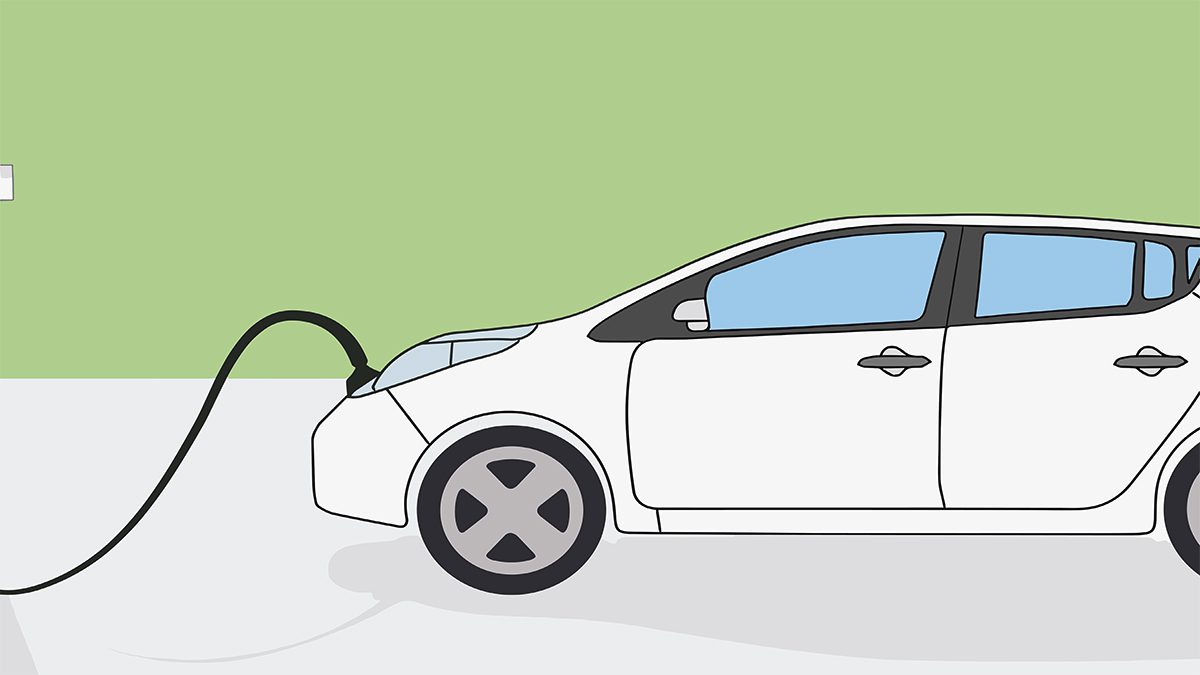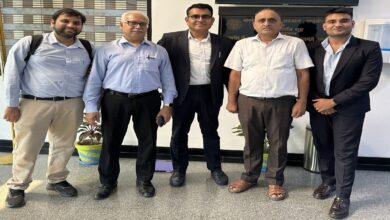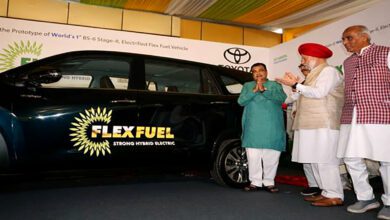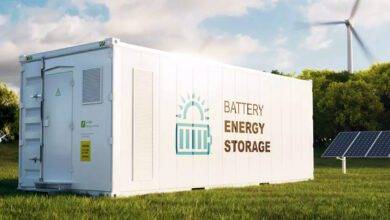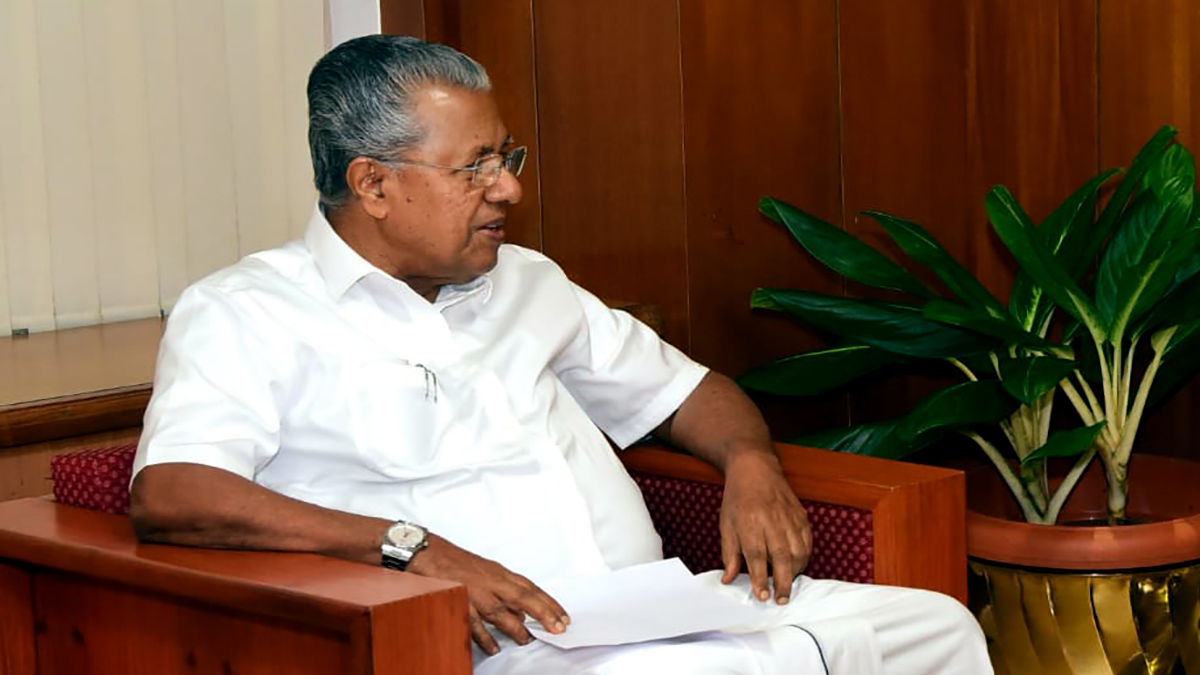In a significant move aimed at revolutionizing the automotive landscape in India, the central government has rolled out a comprehensive set of measures to boost domestic manufacturing of electric vehicles (EVs) and reduce the nation’s dependence on imports. These initiatives underline the government’s commitment to promoting sustainable mobility and fostering a robust ecosystem for the electric vehicle industry.
The government has approved the Production Linked Incentive (PLI) Scheme for the Automobile and Auto Components Industry, with a substantial budgetary outlay of ₹25,938 crores over five years. This initiative is geared towards catalysing the manufacturing of Advanced Automotive Technology products, encouraging investment across the automotive value chain, and establishing India as a hub for cutting-edge automotive technology.
In a parallel move, the government has given the nod to a PLI scheme for the manufacturing of Advanced Chemistry Cells (ACC), with the goal of lowering battery prices in the country. The reduction in battery costs is anticipated to have a cascading effect, contributing to a significant decrease in the overall cost of electric vehicles.
Under Phase-II of the FAME-India Scheme, the government is offering substantial incentives to buyers of electric vehicles, effectively reducing the upfront purchase price. The incentives are directly linked to battery capacity, providing a compelling reason for consumers to embrace the electric revolution.
Additionally, the government has slashed the Goods and Services Tax (GST) on electric vehicles from 12% to 5%, and on chargers/charging stations from 18% to 5%. These measures are expected to make electric vehicles more accessible to the masses, further incentivizing their adoption.
Recognising the importance of a robust charging infrastructure, the Ministry of Power has issued guidelines and standards for public EV charging infrastructure. The guidelines focus on creating an affordable tariff structure for both public charging station operators and EV users, ensuring timely electricity connections, and introducing a revenue-sharing model for land provision at promotional rates.
To encourage EV owners to charge their vehicles at home or offices, the guidelines also facilitate the use of existing electricity connections. Furthermore, the government has exempted battery-operated vehicles from permit requirements and advised states to waive road tax on EVs, further reducing the initial cost barrier.
The Faster Adoption and Manufacturing of (Hybrid &) Electric Vehicles in India (FAME India) Scheme, launched in 2015, continues to play a pivotal role in fostering the adoption of electric vehicles. Currently in its Phase-II, with a budgetary support of ₹10,000 crores, the scheme is geared towards supporting the electrification of public and shared transportation. Subsidies under this phase aim to boost the adoption of 7,090 e-Buses, 5 lakh e-3 Wheelers, 55,000 e-4 Wheeler Passenger Cars, and 10 lakh e-2 Wheelers, addressing range anxiety concerns through the creation of charging infrastructure.


